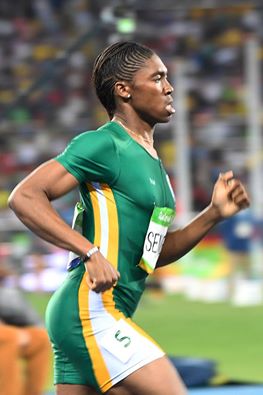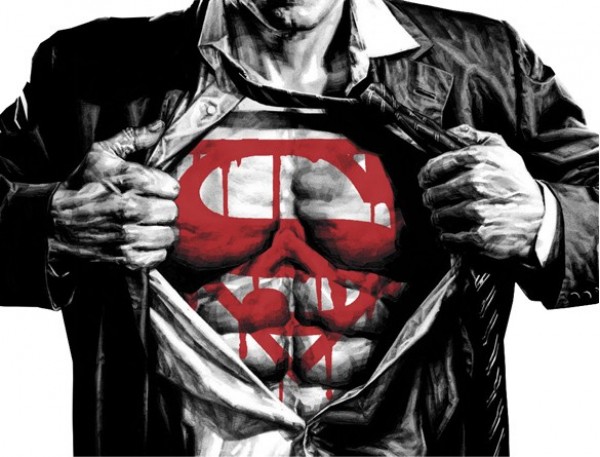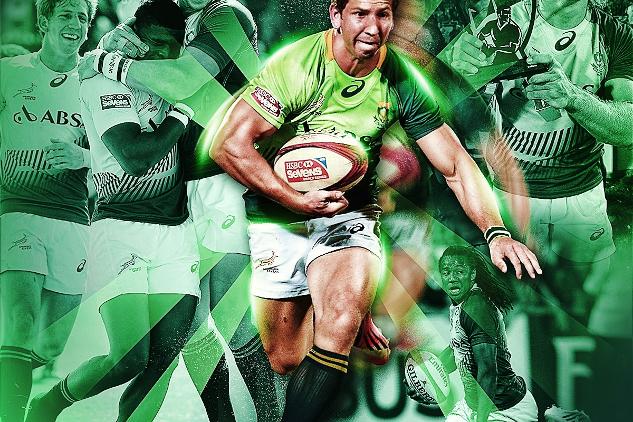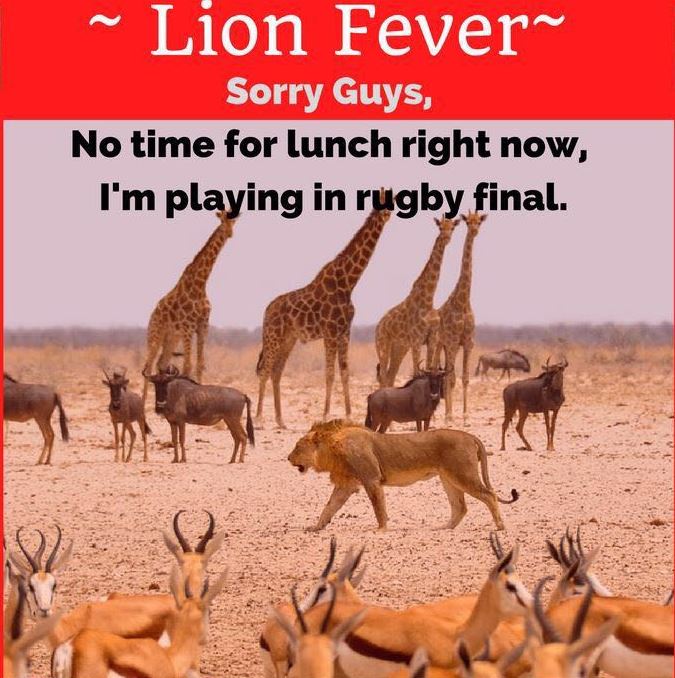SSomething extraordinary happened in the middle of the night last week.
In the least surprising result of the Olympic Games, Caster Semenya romped to gold with the same raw display of power and dominance exhibited by Usain Bolt. She was imperious, although the most telling part of her 800m race was what occurred afterwards. She sought out her opponents and shook their hands.
It was a poignant scenario, particularly after the baying hysteria Semenya had endured in the build-up. She had just won the ultimate plaudit in Rio’s Olympic Stadium, but she wasn’t too good or too self-absorbed to acknowledge her rivals, some of whom were bitter at her success.
The extraordinary effect of her performance was that in an instant she became a totem for black South African women. I make the distinction not because South Africa is so defined by race, which makes us uncomfortable, but because there are so few local role models for black sports women.
A few years ago when there were arguments about the inclusion of Zimbabwe-born Beast Mtawarira in the Springboks, a colleague made the point that it is important for youngsters to see people who look like them making it to the big time. It makes their own dreams more attainable, more believable. Mtawarira’s nation of birth thus counted for little. His skin is what mattered in the context of being a hero.
The emergence of Semenya is also a potent reminder of South Africa’s cynical past.
In researching SA’s best sports women, it was obvious that there were dozens of white participants who competed internationally and with great success. Double Olympic champion Penny Heyns is the most obvious, but you can add Zola Budd, Natalie du Toit, Ilana Kloss, Amanda Coetzer, Sally Little and many more.
The list of such black women is sparse. Historically, there are none from the 1960s, ’70s or ’80s, a legacy of apartheid and its cruel policies.
Prior to Semenya’s emergence, just two come to mind. The most evident of these is Portia Modise, the former Banyana striker who set records galore but never found a happy place in the public consciousness. She scored a staggering 101 goals in 124 internationals and was shortlisted for Fifa’s Player of the Year honours. She retired recently, but her fame has drifted away. For all her excellence, she made little money and attracted even less corporate interest. She has no significant profile and is all but forgotten.
The other black symbol is hockey player Marsha Marescia, who captained South Africa and played at three Olympic Games. She was world class, packing in over 300 internationals, but unfortunately hockey’s status militates against her enjoying a higher profile locally.
S’She could be South Africa’s greatest sports woman
Semenya’s triumph advances the argument that she could now also be South Africa’s greatest sports woman. In my book, her only real rival is Heyns, who not only dominated the breaststroke at the Olympics, but enjoyed a remarkable three-month run in 1999 that yielded 11 world records.
Two things need pointing out: swimming and its many variances are low-hanging fruit in a sporting sense. At the risk of sounding churlish, Michael Phelps’ medal haul is an illustration of this.
The other point is that Semenya may very well be a two-time Olympic champion in the weeks or months to come. She won silver at the London Olympics, but gold medal winner Mariya Savinova later tested positive for doping. If this episode is taken to its natural conclusion, particularly with Russia’s state-sponsored doping a matter of public record, Savinova will have to relinquish her gold medal. The South African would then be elevated to gold.
It likely wouldn’t be celebrated beyond a press conference boardroom and a few tired sausage rolls, but it would validate claims that Semenya deserves to be in the reckoning as SA’s greatest sports woman.
No matter. At the very least, Semenya’s triumph ought to set the template for tens and thousands of young girls to take up sport and dare dream of international competition.
A trail was blazed in Rio for them to follow. That ought to be Semenya’s legacy, not the demeaning frenzy that refused to cow a remarkable woman and hero. – © Sunday Tribune











